Visiting (or Moving to) the United States
An In-the-Wake guide to scale, culture, and everyday life—for cruise guests, short-term travelers, and anyone whose visit might become a chapter.
Our aim is simple: offer the lay of the land with warmth and honesty—so you can see America clearly and enjoy it deeply.
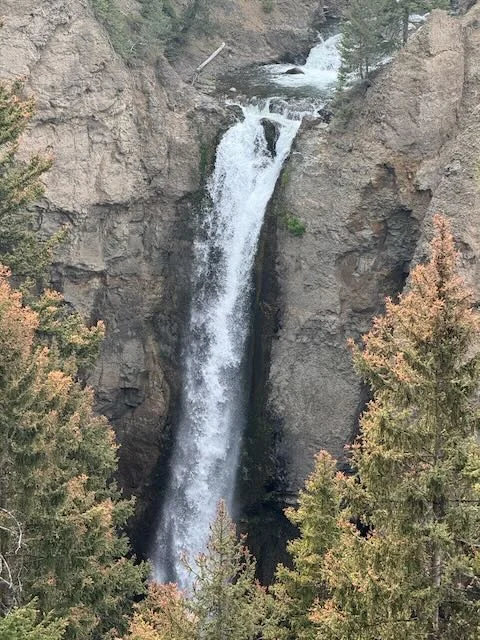
The sheer size of America — why scale changes everything
The first shock isn’t cultural — it’s cartographical. The United States isn’t merely big; it’s continental. You can fly for five hours and still be “domestic.” People casually drive two or three hours each way for a family dinner or a child’s game. Regions aren’t just accents; they’re different rhythms of life.
You’ll notice scale in the small things, too. Interstate gas stations feel like self-contained villages — restaurants, souvenir halls, showers, pet areas. That’s why a sign reading Next services 84 miles is not theater. Believe it. Fill up when you can, stretch your legs, and if you’re road-tripping to your port, add a margin for weather or roadwork.
Cruise note. Florida is larger than England. Port Canaveral is roughly two hours from Orlando; Miami and Fort Lauderdale are neighbors on a map but can be 30–45 minutes apart by car — longer in rain. If you have just one pre-cruise day, choose depth over breadth: one great experience beats three rushed ones.
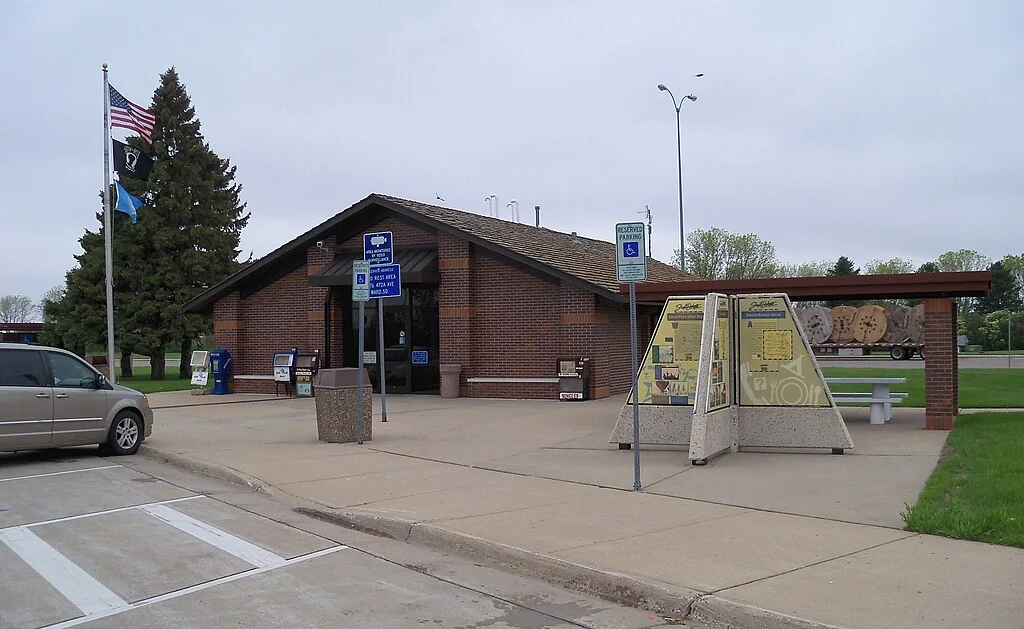
Arriving and moving — airports, transfers, rail, and the art of getting from A to B
American airports are cities with runways. A connection in Atlanta or Dallas can mean a twenty-minute walk between gates. Give yourself three hours for international departures and major transfers. Security is thorough rather than theatrical; pack patience and a sweater — air-conditioning is ambitious.
Outside a handful of big metros, life is car-forward. Public transit exists but rarely carries you from airport to cruise terminal with European elegance. That’s why ride-share (Uber, Lyft), hotel shuttles, and pre-booked port transfers are your friends. Rail here is romantic more than rapid; long-distance trains offer views and nostalgia, not speed. For most visitors, renting a car is the simplest form of freedom. Remember: right turn on red is often legal after a full stop unless a sign says otherwise.
Road surfaces will vary. Interstates can be glass-smooth; a local shortcut can audition your suspension. Speed limits may feel brisk compared to home; stay in the right lane unless overtaking, and let the landscape do the talking.
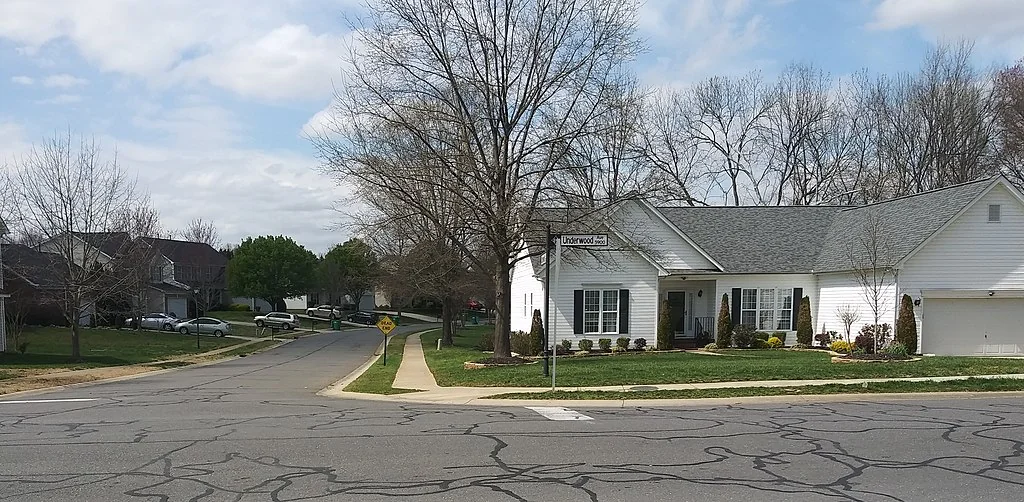
Hotels and hospitality — service with a story
American hospitality blends warmth with efficiency. The front desk will ask how your day is going and mean it broadly, not intimately. If you need something — extra towels, a late checkout — ask plainly. Clarity reads as courtesy.
Rooms skew big. Even mid-range hotels offer two sizable beds, space for luggage, and the kind of climate control that could keep penguins comfortable. Expect coffee makers over kettles. “Continental breakfast” means pastries and coffee; “hot breakfast” adds eggs, bacon, and waffle irons that delight adults as much as children.
Tipping is woven into the service economy. A few dollars per bag for bell service and a small nightly envelope for housekeeping are good manners in the local dialect. Watch for resort fees in city and resort properties. The compensation is that many conveniences run late: a pharmacy at 11 p.m. can be a mercy.
Culture and conversation — friendly doesn’t always mean familiar
American friendliness is real; it’s also a ritual. “How are you?” means hello. Small talk with a barista is not shallow so much as civic — it oils the gears of a large, diverse society. If you come from a culture where intimacy grows quietly, recalibrate: warmth opens the door; depth walks in slowly.
Volume runs a notch higher. That table across the room isn’t arguing — they’re alive to the moment. First names arrive quickly, even with professionals. It’s not disrespect; it’s an invitation to collaborate. Underneath hums a sense of tempo: time is money; momentum is purpose. Americans admire motion. The spiritual art here is learning to rest without apology.
The dining cadence — service that treats you like family for an hour
In many parts of the world, you summon a server. In the U.S., the server comes to you — frequently. They’ll introduce themselves, refill your drink before you notice, and check on your table with care. Tipping (typically 18–25%) is part of compensation; if service struggled, 15% is still considered the floor, not the snub.
You’ll receive free tap water without asking, and refills for soft drinks and drip coffee flow like grace. Portions arrive with an American sense of abundance; sharing is normal, and taking leftovers is expected. Ask for a “to-go box,” then enjoy your second meal later in your hotel room with gratitude and a plastic fork.
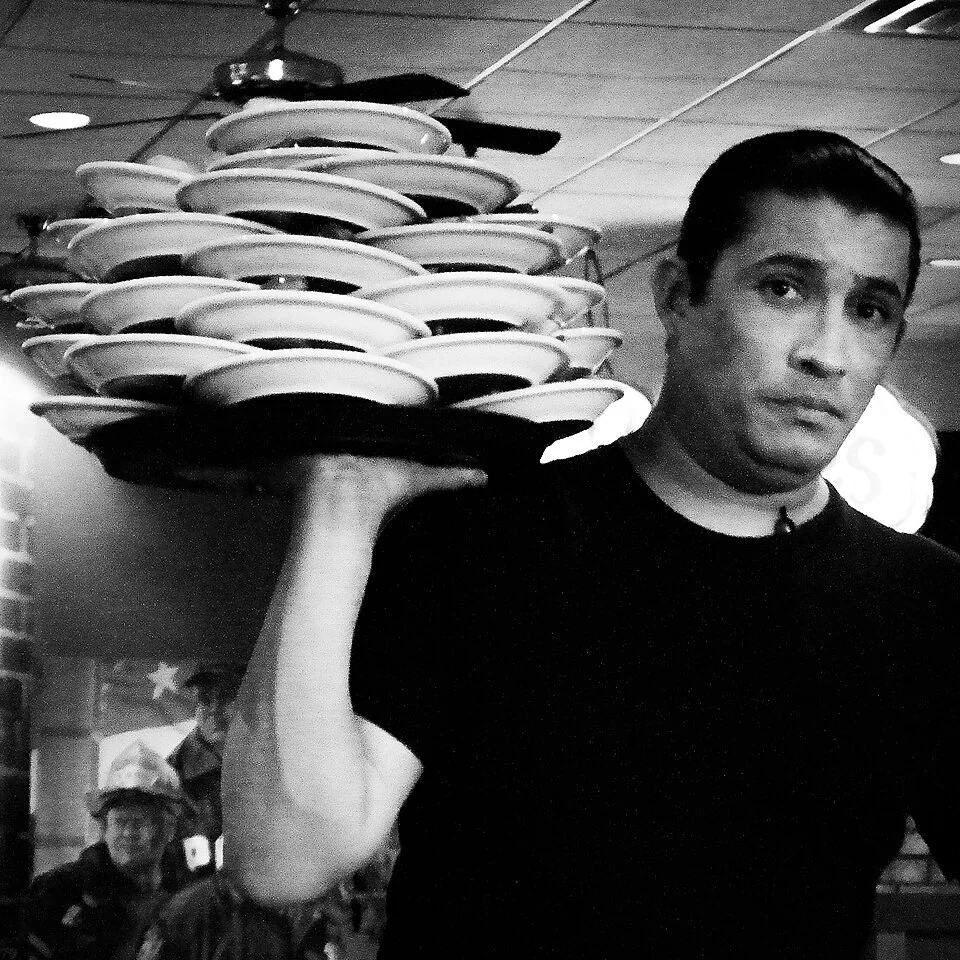
Confidence, kindness, and the bright thread of individualism
American optimism persists even when the news feels heavy. The national story is resilience — people crossing oceans, starting from little, trying again after hardship. Confidence here is less vanity than vocation: “We’ll figure it out” is a creed.
That resilience animates individualism. You’re expected to be unabashedly yourself: rainbow-haired artist beside navy-suited banker, each waving the other through the café door. You’ll also notice something beautiful and practical: people cheer for strangers. “You’ve got this” isn’t a slogan; it’s instinct.
The professional cousin of that spirit is networking — at its best, relational generosity. Speak clearly about your gifts. Keep humility and hope together, and the culture will meet you halfway.
Regional personalities — learning the map by its manners (including Florida’s mix)
The South is honeyed hospitality and steel-spined kindness. Even an insult arrives wrapped in courtesy — “Bless your heart” — and the same voice will be first to show up with help when it counts.
The Northeast prizes candor and competence. You might get a scolding for your flat tire while someone kneels to change it. Directness signals respect; loyalty, once earned, is fierce.
The West is gracious and spacious — kind smiles, generous causes, a gentle hands-off posture that avoids imposing. They’ll feel for your trouble and trust you to ask if you need a hand.
The Midwest is the quiet combination: practical, faithful, neighborly. Driveways get shoveled before you wake; a surprise casserole appears when you’re under the weather.
Florida deserves its own stanza. Central Florida leans Southern — unhurried, faithful, family-rooted. The coasts (Miami, Fort Lauderdale, the Space Coast) carry a Northeastern tempo — fast, multilingual, cosmopolitan. Think of the state as a lively mixing bowl where New York retirees, Cuban families, Georgia neighbors, and global tourists share the same afternoon thunderstorm.
Weather, distance, and the “one great day” habit
America contains nearly every climate. Florida can drench you in a warm shower at 3 p.m. and deliver a flaming sunset at 6. California pairs dry days with cool nights. New England changes its mind like an artist — sun, breeze, sudden cloud, then a crisp evening that asks for a jacket.
Air-conditioning is a national comfort — restaurants, taxis, theaters, all set around 72–75°F (22–24°C). Bring a light layer. And treat the map with reverence: Disney World, Universal, and Kennedy Space Center are not near Miami ports. They’re hours away. With a single pre-cruise day, pick one glory and see it well. You’ll remember the wonder; you won’t miss the rush.
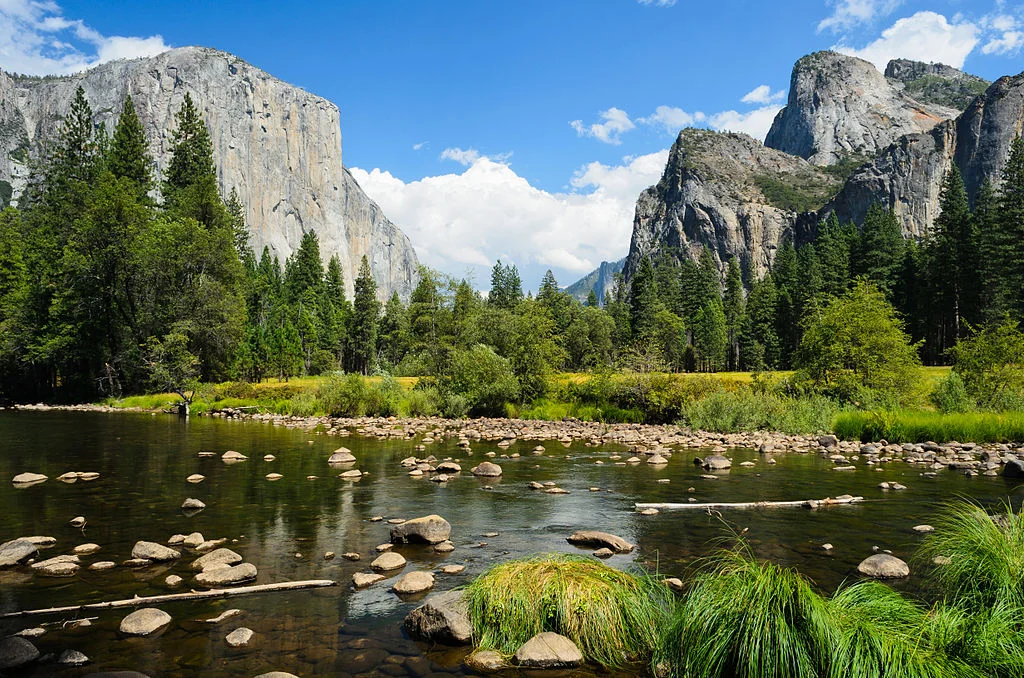
Groceries, coffee, cheese — and the aisle that never ends
American supermarkets are cathedrals of choice — forty cereals, ten peanut butters, barbecue sauce in a dozen regional dialects. It’s a kind of abundance that feels overwhelming until you lean into discovery.
Bread trends sweet and soft in big chains; seek out local bakeries or farmers’ markets for the crackle of a proper crust. Cheese is everywhere, but the philosophy differs: processed slices share the shelf with carefully aged domestic wheels. If you miss “home” cheeses, specialty shops can help, though imports may test the budget. Want local excellence? Wisconsin and Vermont quietly do astonishing work.
Coffee divides into two Americas: the bottomless mug with free refills (bless it), and the specialty shop that pulls espresso with reverence. Both tell a true story; try each and decide which liturgy you prefer.
Money and everyday mechanics — what surprises the billfold
Expect sales tax at checkout and tip prompts in more places than you’d imagine — even some kiosks. ATM fees can stack; whenever possible, use your bank’s network. Prices are generally fixed; haggling lives at flea markets and yard sales, not lunch counters.
For stays that stretch into seasons, a credit score becomes a kind of passport — built not by wealth but by steady on-time payments. It influences housing, utilities, and even phone plans. It’s less a judgment than a record of trust. Outlet malls will try to seduce your sea-day. Go if it brings you joy; set a budget if you like your suitcase to close.
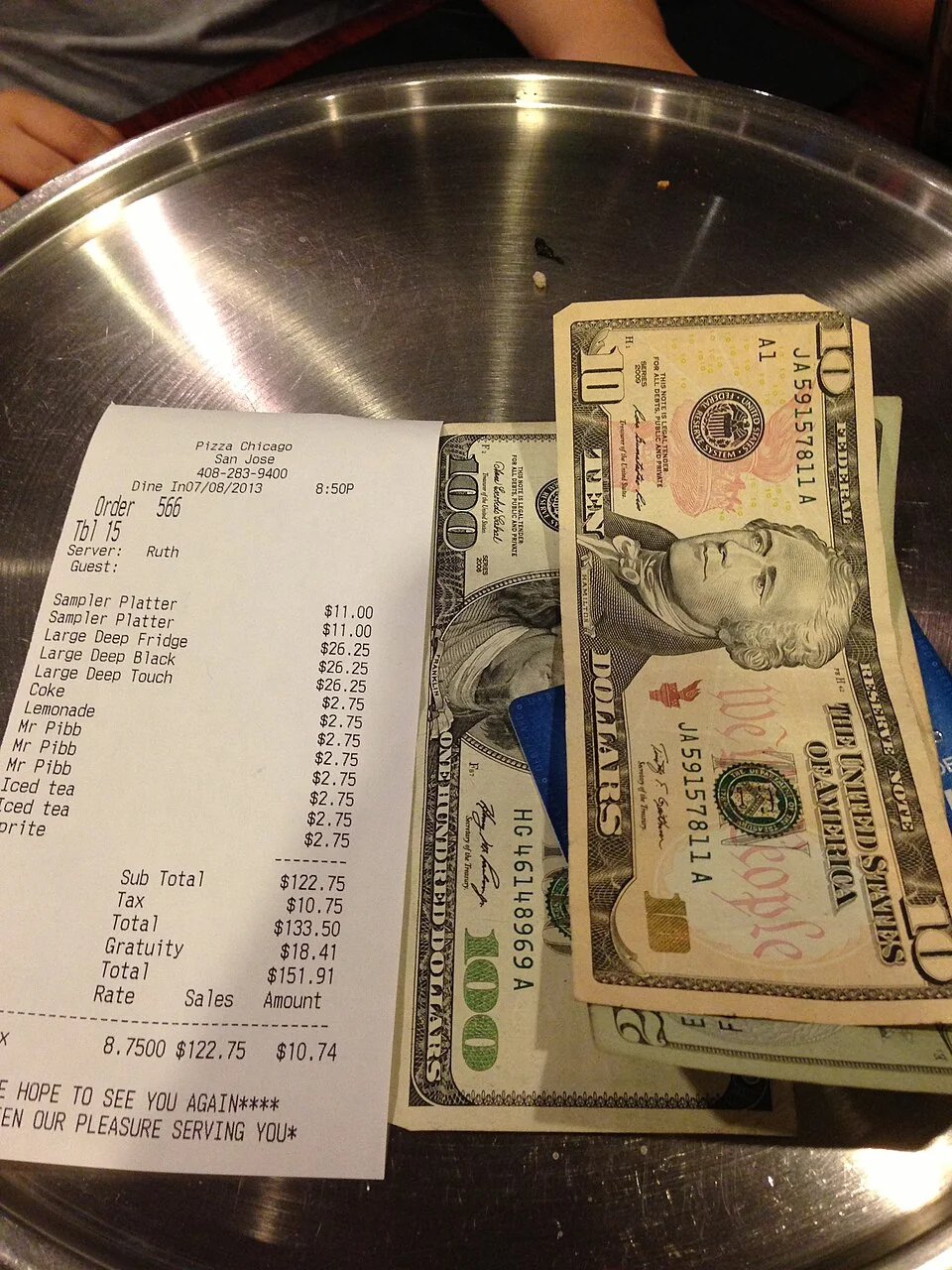
Laws, safety, and the kindly art of being a good guest
Laws vary by state — alcohol rules, open-container ordinances, even traffic customs can change with the county line. If a sign says “No Right on Red,” obey it; if it doesn’t, treat the intersection gently and proceed when safe.
Dial 911 for emergencies — police, fire, or medical. Officers are professional and direct; meet that tone with calm courtesy. As for firearms: ownership is common in private life and rare in public view. You’ll likely see them only in stores or if a homeowner shows you one safely. Follow local law; treat the subject with respect.
Public space can feel uneven — an immaculate neighborhood beside a sidewalk that needs time and love. You’ll also see quiet goodness: churches serving hot meals, volunteers staffing shelters, neighbors building ramps for strangers. If you’re a person of faith or simply a person of goodwill, you’ll find a place to serve.
Healthcare and help — navigating the maze with peace
There’s no NHS equivalent. For visitors, travel insurance is wisdom. For longer stays, learn your plan’s language — network, copay, deductible, out-of-pocket — before you need it. Keep your card handy and note the nearest urgent care for non-emergencies; it’s friendlier to both schedule and wallet.
Pharmacies (CVS, Walgreens) are the all-night general store of modern life — bandages, prescriptions, a last-minute toothbrush, sometimes even a quick clinic visit. You may notice medical advertising on television; consider it a cultural curiosity and consult your clinician for counsel.
Community, faith, and the places people carry one another
American community often forms around chosen circles: churches, schools, sports teams, gyms, craft nights, volunteer crews. Join one and you’ll discover the country’s deep generosity. Public libraries are unsung treasures — free Wi-Fi, story hours, job resources, quiet corners for reading and regrouping.
You may encounter visible need — homelessness that breaks the heart and complicates the sidewalks of beautiful cities. Don’t let it turn your gaze away from the many hands serving quietly and steadily. In a land of scale, compassion often arrives local and personal.
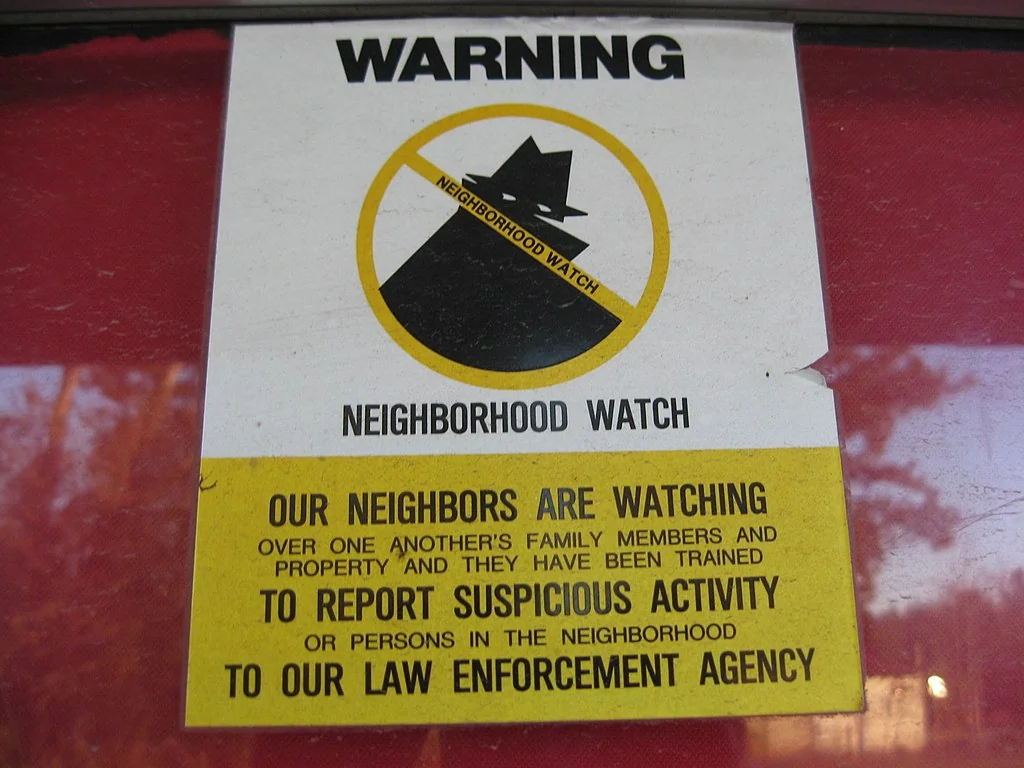
Nature and leisure — rituals that make a people
If cathedrals are built, national parks are carved: Yellowstone’s steam, Yosemite’s granite, the Grand Canyon’s silence that speaks. Road trips feel sacramental — snacks, playlists, and a tacit agreement that odd roadside attractions are part of the point.
State fairs gather the agricultural soul — pies, prize pumpkins, and the gentle pride of people who coax life from soil. Before a game, tailgating turns a parking lot into a village of grills and greetings. Food trucks write love letters to fusion on city streets. And somewhere not far away, a drive-in theater still lights up the dusk.
.webp)
Things that surprise visitors — now with heart and context
Free refills and ice in everything whisper, “You’re welcome here — settle in.” Flags wave from porches and parades; think of it as public affection for home. Giant pickups and big appliances aren’t bragging; they’re built for space and family scale.
Outlet malls, QR menus, yellow school buses, and the ever-mysterious bathroom-stall gap — quirks that become stories later. “You guys” means “all of you,” whoever you are. Resort fees remind us to read the fine print; free parking in the suburbs redeems it a little. And yes, Disney is not in Miami — love requires a drive.
Cruise-traveler counsel — how to savor a single free day
Think like a pilgrim, not a tourist. Choose one big thing: Kennedy Space Center with unhurried awe; a single theme park with time for wonder; a coastal walk and a long lunch where the server learns your name. Book transfers early, build buffers for weather, watch the clock if a time-zone line lurks on your route. Pack a light sweater for the restaurant that believes July should feel like early spring.
.webp)
When a visit becomes a chapter — for guests who decide to stay a while
Not all journeys end at the pier. Many find a season here — study, work, family — and discover that what shocks on day one becomes wisdom by month six. Consider these notes a kind companion on that road.
A) Friendliness vs. friendship — opening the door and walking through
The American smile is sincere; it’s also a greeting, not a guarantee. Deep friendship forms through repetition and purpose: serving on a team, showing up at church, coaching a youth sport, joining a choir, attending the same small group every week. Friendship here is scheduled into full lives; don’t take the calendar personally. Invite, follow up, and be the first to put a date on the books.
B) Individualism and belonging — two truths that can hold hands
Independence is honored; asking for help is intimate. The answer is mutuality: giving and receiving in season. Smaller circles — faith communities, hobby clubs, school parent groups — become the village that gets you through. You don’t need to be less yourself to belong; you bring your whole story, and others bring theirs, and somehow the circle gets bigger.
C) The pace of life — learning sabbath in a nation that loves motion
Emails arrive early; vacation days arrive late. Hustle is admired and can be holy when it serves a calling; it turns harsh when it replaces one. Practice sabbath in ways that fit your life: a shared meal with phones away; a long walk without goals; a weekly hour for silence and gratitude. Rest is not an apology; it’s an offering.
D) Family life and school spirit — raising people, not résumés
Household roles are negotiated anew in every home. Equality is a value; practice varies, and grace will be required. Schools invest heavily in extracurriculars — music, theater, robotics, debate, athletics. Pep rallies and mascots might make you smile at first; then you’ll notice what they build: belonging, memory, and a web of adult advocates around your child.
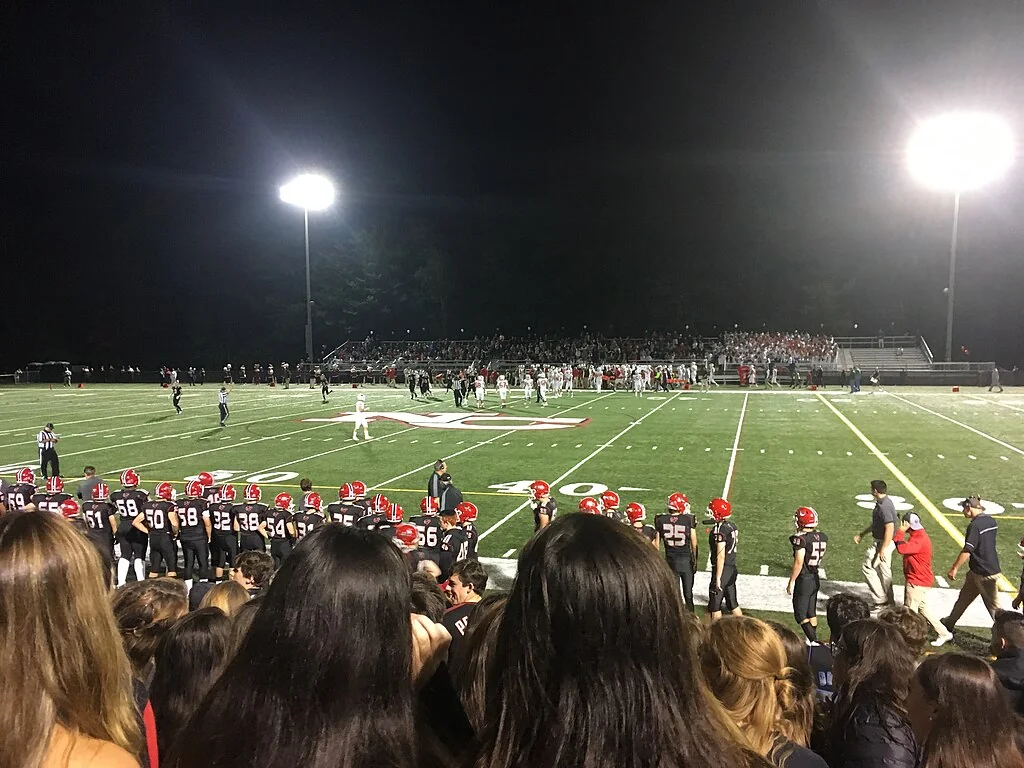
E) Systems and costs — gentle orientation for complex things
The U.S. rewards preparation. Learn the terms of your health plan before you need it. Budget margin for services like childcare and legal help; they often cost more than expected. Expect to file taxes annually (federal, and often state). Desirable urban areas can require housing compromises; suburbs add commute and car costs but often deliver space and quiet. Build your credit slowly and steadily. Consistency is the credential.
F) Public and private — stewardship where you stand
You’ll see pristine homes beside tired sidewalks, glorious national parks beside city parks that need attention. This is a decentralized nation; much depends on local care. If something troubles you, join the hands that mend it — neighborhood cleanups, library boards, church service teams. The fastest way to love a place is to help carry it.
G) The unspoken grammar — idioms of kindness and clarity
“How are you?” invites a smile more than a story — unless someone lingers. First names are the default; “sir/ma’am” blossoms in the South. “Restroom” is the word you’re after; “trash” and “to-go box” will serve you well. If you’re unsure, ask. Americans value explicit questions; clarity is considered kind.
H) Work and calling — telling your story with humility and hope
Résumés reward results; interviews reward narrative. Speak of outcomes you shaped and people you served. Mentors are often found rather than assigned — ask for coffee, arrive with good questions, and leave with gratitude and one clear next step. “Networking” is simply the practice of making room for each other.
I) Transportation and place — making big spaces feel small
Suburbs can be quiet, sometimes lonely at first. A reliable car widens your options; a recurring weekly gathering shortens the week. Some neighborhoods lack sidewalks; start your walking life on greenways, parks, or community tracks. Soon you’ll know the hours of the farmers’ market and the names of the librarians; that’s how a map becomes a neighborhood.
J) Identity and assimilation — addition, not subtraction
You don’t need to trade your heritage to belong. Healthy assimilation is additive: your recipes and songs at the potluck, your holidays explained to curious friends, your children learning to love two homes with one heart. At its best, America is a long table with extra chairs.
Country-of-origin notes (brief, kind, and useful)
From Australia
Direct humor and plain speaking are gifts — soften the edges for first meetings, and you’ll be understood as honest, not harsh. Coffee culture thrives in major metros; elsewhere, embrace the bottomless mug with affection. Expect shorter vacations than you’re used to; plan rest deliberately. Fahrenheit, sales tax at checkout, and tipping will become second nature within a month. Sports spirit at high schools and universities is not a phase; it’s a binding agent of local life.
From Eastern Europe
Formally raised? Americans will call you by your first name on day one; it’s friendship, not disrespect. Public systems are less centralized; personal planning fills gaps. Bring documentation for licenses and credentials — you’ll move faster. Politics can feel loud; neighborliness is louder after storms. Churches and clubs are dependable on-ramps to real community.
From Asia & the Subcontinent
Harmony and clarity can live together. American workplaces prize initiative; asking directly is considered respectful, not disruptive. Family independence comes earlier here; talk about it around real tables with grace. Imperial units, sales tax at the end, tipping prompts, and a quicker conversational tempo will feel normal soon. Diaspora networks are a deep strength — use them for food, festivals, friendship, and practical wisdom.
Culture-shock quicklist (pocket cards for the carry-on)
Everyone smiles • Small talk oils the gears • Volume = enthusiasm • Time runs brisk • AC is chilly • “You guys” = all of you • Fixed prices • Sales tax at the end • Free water and refills • Outlet malls tempt • Yellow school buses delight • Big pickups and bigger fridges • 911 for emergencies • One great day > three rushed ones • Disney ≠ Miami • Bring a sweater for restaurants.
About the author

Founder of In the Wake and writer of the Solo Travel series.
Soli Deo Gloria.

